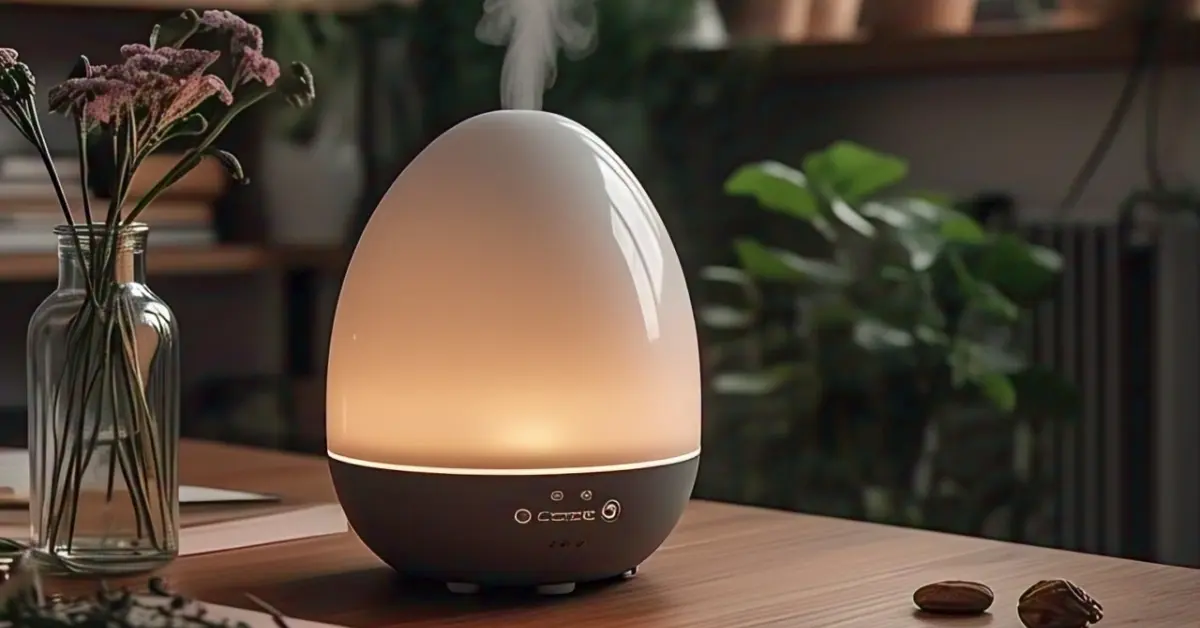The world of herbal teas has long been associated with soothing flavors like peppermint, chamomile and lavender. However, a new generation of tea enthusiasts is pushing the boundaries, experimenting with unconventional herbs and botanicals. Join us on a journey as we delve into the exciting realm of unusual herbal teas, discovering their unique flavors, aromas and benefits.
The Rise of Unconventional Herbal Teas
The herbal tea market is booming, driven by:
- Growing demand for caffeine-free alternatives: Health-conscious consumers seeking calming beverages.
- Increased interest in botanicals: Exploring medicinal herbs and adaptogens.
- Innovative blending techniques: Combining unexpected flavors.
- Sustainability: Eco-friendly, locally sourced ingredients.
Top 20 Unconventional Herbal Teas
- Yuzu Ginger Tea: Citrusy and invigorating.
- Rosehip Chai: Fruity and spicy.
- Turmeric Ginger Tea: Anti-inflammatory properties.
- Hibiscus Cranberry Tea: Fruity and tangy.
- Sage and Apple Tea: Soothing and autumnal.
- Lemon Myrtle Tea: Uplifting and citrusy.
- Ginkgo Biloba Tea: Cognitive function support.
- Elderflower Tea: Floral and soothing.
- Chrysanthemum Tea: Floral and antioxidant-rich.
- Dandelion Root Tea: Digestive health support.
- St. John’s Wort Tea: Mild antidepressant properties.
- Rose Petal Tea: Calming and romantic.
- Orange Blossom Tea: Fragrant and uplifting.
- Cinnamon Bark Tea: Warm and spicy.
- Ginseng and Licorice Root Tea: Adaptogenic properties.
- Burdock Root Tea: Detoxifying properties.
- Violet Leaf Tea: Soothing and anti-inflammatory.
- Passionflower and Lemon Balm Tea: Calming and uplifting.
- Schisandra Berry Tea: Adaptogenic properties.
- Holy Basil Tea: Stress-relieving properties.
Benefits of Unconventional Herbal Teas
- Unique flavor profiles: Exploring new taste experiences.
- Increased antioxidant intake: Boosting overall health.
- Supports local farmers: Promoting sustainable agriculture.
- Encourages experimentation: Discovering personalized blends.
- Holistic wellness: Addressing physical, mental and emotional health.
Brewing Tips for Unconventional Herbal Teas
- Adjust steeping times: Varying herbal infusion times.
- Experiment with temperatures: Optimizing flavor extraction.
- Combine herbs: Creating unique blends.
- Use cold-brew methods: Smooth, low-bitter flavors.
- Add spices and sweeteners: Enhancing flavor profiles.
Herbal Tea Pairing Suggestions
- Yuzu Ginger Tea with sushi: Complementing citrusy flavors.
- Rosehip Chai with spicy dishes: Cooling and soothing.
- Turmeric Ginger Tea with honey: Enhancing anti-inflammatory properties.
- Hibiscus Cranberry Tea with salads: Refreshing and fruity.
- Sage and Apple Tea with roasted meats: Autumnal and savory.
Conclusion
The herbal tea revolution is redefining traditional flavor profiles, inviting adventurous palates to explore unconventional botanicals. Embrace this journey, discovering new tastes, aromas and wellness benefits. Join the movement, steep a cup and indulge in the incredible diversity of herbal teas!


